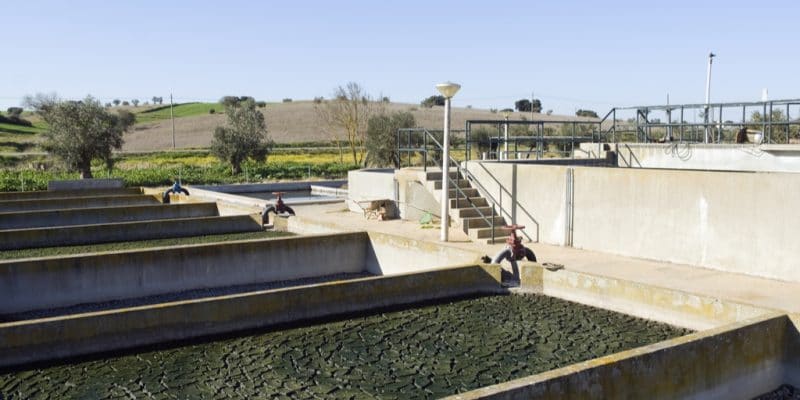The Canadian company Stantec has just completed the design of a faecal sludge energy recovery plant in Nakuru County, Kenya. This sanitation and clean energy project is being developed by Sanivation, a company based in Naivasha, Nakuru County.
It is the first in Kenya. The town of Naivasha is about to equip itself with a sewage sludge recovery station. The international company Stantec, which specializes in construction engineering, has just completed the design of the facility that will treat the sewage sludge collected in the town of Naivasha.
The company based in Edmonton (Canada) is working on behalf of the Kenyan company Sanivation, which is developing this wastewater treatment project. The treatment plant will occupy an area of 145,000 square feet (13,470 m2) and will convert more than 7,000 cubic feet of faecal sludge (200 m3) per day “into Class A bio solids.” This material will be mixed with sawdust to make 1,200 tonnes of biomass briquettes per month.
An innovative sanitation system
Sanivation will sell the fuel to local industries, making the sludge treatment plant profitable. “There is great potential to exploit a circular economy for the benefit of our communities around the world. Through the design of this project, the people of Naivasha will have much needed access to a financially stable sanitation solution that also contributes to a healthy environment,” said Eric Rawdon, project manager with Stantec’s international development group.
According to the U.S. Company, the project will provide a cost-effective and sustainable sanitation solution for a community of more than 350,000 people. It will also help offset deforestation in Kenya. “Stantec engineers based in North America and Europe have also worked with engineers in Kenya to build capacity in the design and maintenance of these facilities to ensure the long-term success of the project,” added Stantec.
Usaid funding
The implementation of this sustainable sewage sludge management project is supported by the United States Agency for International Development (USAID). The U.S. government’s financial institution provided a grant to Sanivation to partially fund this sustainable development project. This innovative sanitation system could be replicated in other cities in sub-Saharan Africa where the problem of sustainable faecal sludge management remains latent. Very often, faecal sludge from sanitation facilities is dumped uncontrolled into the environment in the absence of adequate disposal systems.
Jean Marie Takouleu.




